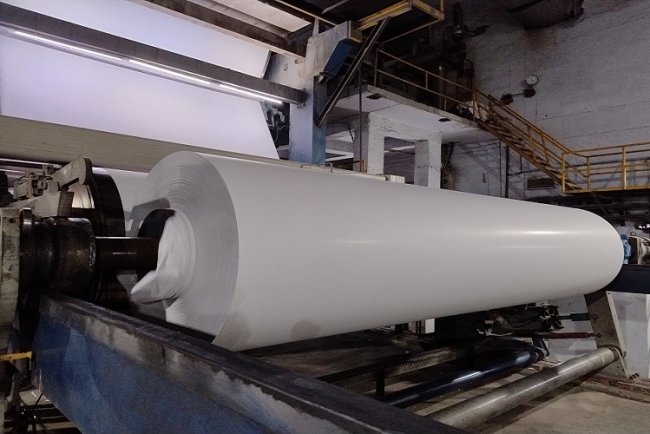Role Of Small Businesses In A Sustainable Future
With adequate support, training, and finance, businesses can achieve highly effective sustainable development

Small businesses are the backbone of local economies, and when aligned with sustainable practices, they hold the key to a greener, more prosperous future. Particularly, they are supported with the ability to bring environmental and social changes but are usually restricted by their own limited capabilities. The situation brings them up against numerous forms of restrictive barriers, ranging from adhering to strict environmental regulations to conquering financial limitations.
By the implementation of green technologies and measures, small enterprises can further contribute to the enhancement of the environment and make sure that communities flourish, which shows that business prosperity and sustainability can go hand in hand.
Environmental Regulation and Sustainable Small Business Development
Environmental regulation seeks sustainable social and economic growth and the conservation of natural resources. This is done by promoting projects and businesses that appreciate innovation and environmental sustainability. In a sustainable small business development course in the context of environmental regulation, the process starts with identifying market opportunities and environmental sustainability challenges, and comprehending the particular needs of sustainable practices. The environmental vision and objectives for a sustainable project are then defined. Second, Design and Innovation, The company should be organized to be consistent with environmental regulations by using clean technology and eco-friendly materials. Innovation is very important in generating products or services that satisfy sustainability targets, adhering to environmental standards while enabling long-term business success.
Local Employment Generation through Sustainable Business
Local employment has a considerable role to play towards sustainability for reasons that include:
Facilitating Local Skills: Through the employment of local workers, small businesses provide opportunities for skill acquisition and work, providing training and upgrading of professionals to maintain the community.
Social sustainability: Employment at the local level means social inclusion, outreach, and the development of sustainable relationships with the community while adapting to their needs and magnifying positive interactions in the community.
Empowering Community Development: Hiring local workers offers people employment, raises the level of income, and empowers community development, hence fostering local economic growth.
Challenges and Obstacles Encountered by Small Businesses
Even though these enterprises play a substantial role in supporting sustainability, they encounter different challenges and hindrances that affect their growth.
Shortage of Capital: Small enterprises often have difficulty in acquiring capital for green projects. Leveraging sustainable practices—that is, converting traditional technology into environmentally friendly technology, acquiring certifications, or utilizing green methods—may prove costly.
Legal and Regulatory Complications: It might be hard for businesses to manage complicated environmental rules and laws. The acquisition of necessary permits and conformity with sustainability policies may prove to be an obstacle.
High Upfront Expenditure: Sustainability measures always have a front-end expenditure in terms of technology and process modification, which may be expensive for low-cost companies.
Market and Demand Restrictions: While sensitivity is high regarding sustainability, small businesses can't effectively establish a valid market for eco-friendly products. Limited demand or weak distribution channels are possible limitations.
Integration into Local Culture and Traditions: It is not always easy to integrate sustainability measures into local culture and traditions. Small firms have to fit the sustainability programs to the local climate and the demands of society.
With adequate support, training, and finance, businesses can achieve highly effective sustainable development. With innovation and participation, these enterprises can make speedy decisions in actions and alter courses to achieve sustainability. Small enterprises should thus be promoted and nurtured as a component of sustainable development policy. Governments, institutions, and society must cooperate to provide the right environment and infrastructure for the growth and prosperity of small-scale businesses towards sustainability.
Views are personal
What's Your Reaction?
















